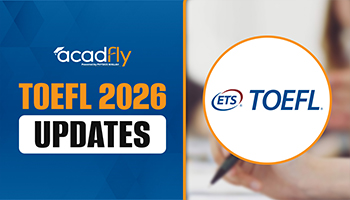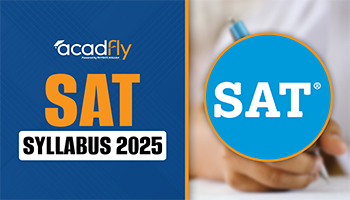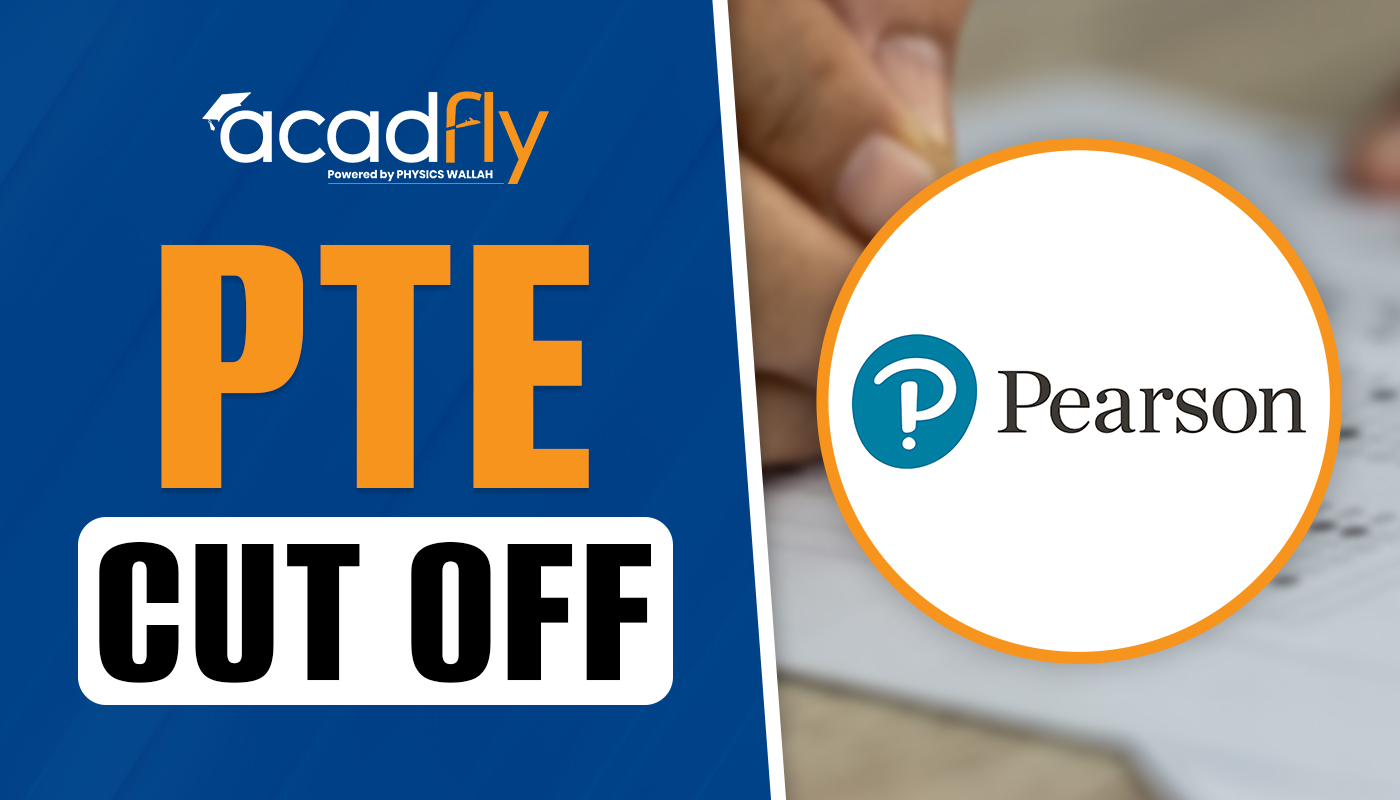
Studying accounting in Canada offers excellent career prospects in a globally recognized education system. Canada, home to some of the world’s most prestigious universities, attracts students from around the globe. Accounting programs in the country prepare students with essential skills in financial management, auditing, tax laws, and business strategy. While this article focuses primarily on accounting studies in Canada, we'll also cover important law degree requirements in the UK as part of our discussion to provide insight into international education paths.
Understanding Law Degree Requirements in the UK is crucial for those interested in pursuing legal studies abroad. These requirements often intersect with what students need for accounting or business-related fields. Moreover, meeting eligibility and admission standards in Canada can provide you with leverage when applying to law programs in other countries.
Overview of Accounting Programs in Canada
Before delving into the specific requirements for studying accounting in Canada, it's essential to understand the structure and offerings of Canadian institutions. Canadian universities are renowned for providing in-depth programs tailored to meet the financial sector's demands. Whether at the undergraduate or postgraduate level, Canadian institutions offer rigorous curricula covering areas such as financial accounting, auditing, tax laws, and corporate governance.
Accounting Specializations in Canadian Universities
Canadian universities offer several pathways and specializations within accounting. Some of the popular areas include financial accounting, management accounting, auditing, taxation, and forensic accounting. These specializations are critical for students aiming to work in a specific area of the financial sector.
For international students, accounting in Canada is highly attractive due to its alignment with global accounting standards. Additionally, programs often provide a blend of theoretical knowledge and practical exposure, preparing students for real-world financial challenges.
Now that we’ve established a basic understanding of accounting programs, we can transition into exploring the specific requirements you need to fulfill to study accounting in Canada.
Admission Requirements for Accounting Programs in Canada
Admission requirements for accounting programs in Canada can vary depending on the university and program level. However, certain core criteria apply to most institutions.
Academic Requirements for Undergraduate Programs
If you are looking to pursue an undergraduate degree in accounting in Canada, you must meet specific academic criteria. Canadian universities typically require you to have completed secondary school with a focus on mathematics. Your grades should reflect a strong foundation in math, business, and economics. Most institutions also look for a high overall GPA, generally around 3.0 or higher.
In terms of documentation, international students must provide certified copies of their academic records. Some universities may require students to complete an entrance exam, especially if their previous education does not meet the Canadian standard. Moreover, if your first language is not English, you must demonstrate language proficiency through recognized exams such as TOEFL or IELTS.
Academic Requirements for Postgraduate Programs
For those interested in a master's in accounting, such as a Master of Professional Accounting (MPAcc) or an MBA with an accounting specialization, the academic requirements are more stringent. In most cases, you must have completed a related undergraduate program, such as a Bachelor of Commerce (BCom) or Bachelor of Business Administration (BBA), focusing on accounting, finance, or business.
Additionally, Canadian universities often require applicants to submit GMAT or GRE scores for postgraduate programs. High scores on these standardized tests, combined with a strong academic background, will enhance your chances of admission.
English Language Proficiency
As mentioned earlier, if your first language is not English, you will need to demonstrate proficiency through TOEFL, IELTS, or other standardized English exams. This requirement applies to both undergraduate and postgraduate programs. Minimum score requirements can vary between institutions, but they generally expect scores between 6.5 and 7.5 for IELTS or 90 to 100 for TOEFL.
Legal Studies and the Law Degree Requirements in the UK
While the focus of this article is on studying accounting in Canada, it is beneficial to understand how different fields and geographical regions have interconnected requirements. For instance, those who study accounting often intersect with legal frameworks, especially in areas such as tax laws, auditing, and corporate governance. Understanding legal requirements, therefore, becomes an added advantage. This brings us to law degree requirements in the UK, which can be of great interest to those considering future legal studies.
Law Masters Entry Criteria in the UK
If you plan to study law after completing your accounting degree, particularly in the UK, knowing the Law Masters Entry Criteria UK is crucial. The UK is home to several prestigious law schools, and entry into these programs requires a solid academic background. Typically, applicants for a Master of Laws (LLM) must hold an undergraduate degree with a strong performance record. Some UK universities may even accept students with an undergraduate degree in accounting or business, as these areas often overlap with legal studies.
For international students, English language proficiency is a requirement. You must provide scores from recognized tests like IELTS or TOEFL. Minimum scores often range from 6.5 to 7.5 for IELTS, and you may also need to submit a statement of purpose, letters of recommendation, and, in some cases, proof of work experience.
UK Law School Eligibility
To gain admission to law schools in the UK, fulfilling UK Law School Eligibility criteria is paramount. Unlike undergraduate studies, which may have more flexible entry points, law schools often require students to have specific qualifications. For example, you need a bachelor’s degree in law or a related field. If you come from an accounting background, highlighting any legal aspects of your studies, such as tax law or corporate governance, can strengthen your application.
International students must also submit certified translations of academic documents if they are not in English. Some universities may also require an entrance exam, particularly if you do not have a UK-based degree. Admission requirements can vary slightly between universities, but meeting these basic criteria will position you for a successful application.
LLM Admission Requirements UK: Pathway After Accounting
For students with an accounting background who wish to pursue legal studies, particularly an LLM in the UK, several admission requirements must be met. The LLM admission requirements UK typically involve having a first degree in law or a related field. However, students with strong academic backgrounds in business or accounting, especially those who have specialized in tax law or corporate governance, may also qualify.
Moreover, the personal statement plays a crucial role in the application process. You need to explain how your background in accounting aligns with your desire to pursue an LLM, and how you plan to integrate both fields into your future career. This is especially important for those who may not have a traditional legal education but have gained legal exposure through their accounting studies.
Law Scholarships in the UK for Accounting Students
One major concern for students aspiring to study law, particularly after completing an accounting program, is funding. The law scholarships UK can help alleviate financial burdens. Many UK universities offer scholarships for both domestic and international students, particularly those who demonstrate academic excellence and a commitment to pursuing legal studies.
These scholarships can range from partial to full tuition coverage. Some scholarships are specifically designed for students transitioning from a different field, such as accounting, into law. Therefore, highlighting your achievements in accounting and your desire to expand your knowledge through legal studies can significantly increase your chances of securing funding.
Tabular Comparison: Accounting vs. Law Degree Requirements in Canada and the UK
Before we move on to discuss the law programs further, it's worth noting how the requirements for studying accounting in Canada compare to studying law in the UK. Below is a table to visualize this comparison:
|
Criteria |
Accounting in Canada |
Law in the UK |
|
Academic Background |
High school diploma for undergraduate |
Bachelor’s degree (preferably in law) |
|
Language Proficiency |
TOEFL/IELTS required for international students |
TOEFL/IELTS required for international students |
|
Entrance Exams |
GMAT/GRE for some postgraduate programs |
LSAT for some universities, but not all |
|
Work Experience |
Not typically required for undergraduate |
Often required for mature students |
|
Scholarships |
Available based on academic performance |
Law scholarships available for LLM programs |
Both fields have overlapping entry points in terms of academic requirements, though law studies in the UK often demand more specialization early on, whereas accounting studies in Canada offer more flexibility.
Top UK Law Universities for Accounting Graduates
If you’re considering expanding your education from accounting into law, UK law universities are worth exploring. Some of the top universities in the UK for legal studies include Oxford, Cambridge, and the London School of Economics. These institutions offer world-class LLM programs that attract students from various backgrounds, including accounting. Their diverse curricula cover corporate law, financial regulation, and tax law—making them highly compatible with an accounting background.
While getting into these prestigious universities is highly competitive, the combination of an accounting degree from a reputable Canadian university and strong academic credentials can significantly increase your chances of admission.
Frequently Asked Questions
1. What are the academic requirements to study accounting in Canada?
2. How can I transition from accounting to law in the UK?
3. Are there scholarships for law students in the UK?
4. Do I need to take an entrance exam to study law in the UK?
5. Is English language proficiency mandatory for both Canadian and UK studies?









